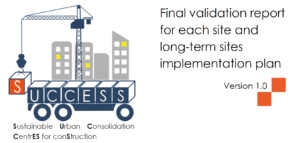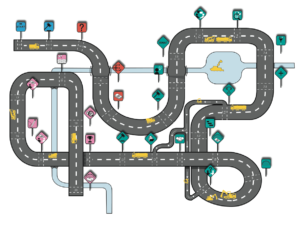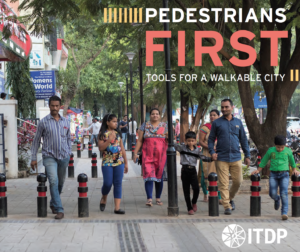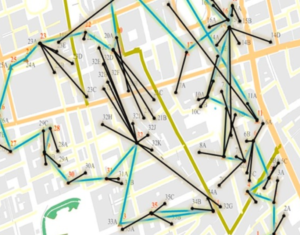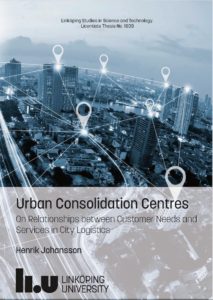Brisqq (UK) is offering local-for-local same day delivery network to retailers

London based Brisqq provides local logistics-as-a-service, enabling retailers to offer same day (or later date) deliveries and returns in 1-hour time slots (chosen by the customer). Their technology takes the pain out of delivery for retailers by connecting them with local, crowdsourced, freelancers, providing 100% visibility over deliveries and state-of-the-art security features.

